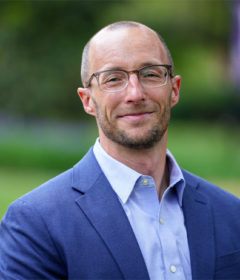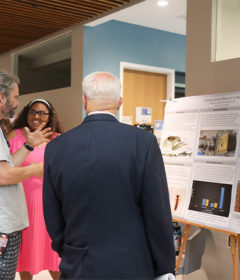Vietnam vet Max Cleland shows us all the way home
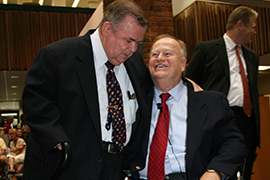
By Dr. T. Wayne Bailey and Larry Arrington
Editor’s note: This column originally appeared in the West Volusia Beacon and is reprinted with permission.
Many people watched Ken Burns’ new documentary, The Vietnam War. This work of art and history is contributing to much-needed soul-searching about our national ideals, and how far we have strayed from them.
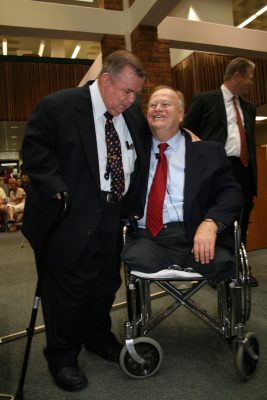
Our friend, Stetson University alumnus and former U.S. Sen. Max Cleland (D-Georgia), is featured in the documentary. Max suffered a catastrophic injury in Vietnam that cost him two legs and most of one arm when a hand grenade decimated him.
Max went on to serve in the Georgia Senate (1971-75). He was appointed administrator of Veterans Affairs (1977-81) by President Jimmy Carter. He served as the elected Georgia secretary of state (1983-96), and was elected to the U.S. Senate from Georgia in 1997. He served on Stetson’s board of trustees.
Sen. Cleland had voted against some of the Homeland Security legislation — the so-called Patriot Act. He was defeated in 2002 by stormtroopers from the army of President George W. Bush, who labeled this wounded warrior “unpatriotic.”
His political wounds are deep, via the grave injustices of a political party that lost its ethical bearing.
Here’s what Max Cleland writes about the rancid politics that defeated him. In his book, Heart of a Patriot: How I Found the Courage to Survive Vietnam, Walter Reed and Karl Rove, he describes an ad the GOP ran against him in its support of Saxby Chambliss, a man hand-picked by Karl Rove:
“It showed Osama bin Laden’s photo, Saddam Hussein’s photo, and my photo alongside, as if I were a terrorist as well. A voice-over stated that I had voted against President Bush’s Homeland Security proposal a number of times. The ad was an absolute distortion of reality … To insinuate that I had anything to do with Saddam Hussein or Osama bin Laden was preposterous. I had fought terrorists and paid a great price, while Bush, [Vice President] Cheney, and Saxby Chambliss had all ducked out of the war of our generation.”
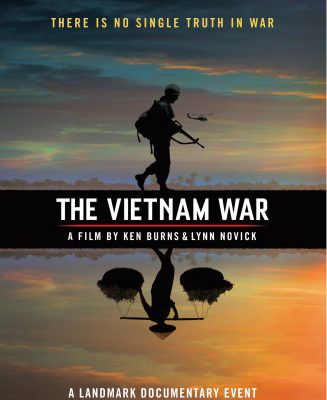
This brand of dirty politics laid the groundwork for Donald Trump, with its use of outright lies, and appeals to anger, fear and bigotry.
Max Cleland’s example moves any thoughtful and reflective person to the cause of justice. The injustices Max suffers teach us what evil looks like, so we can see, by contrast, what moral conduct, honor and love look like.
Max Cleland is the true patriot, and our hero. The injustices he suffers personify the tragedy of the Vietnam War, which set in motion a complex set of forces and conditions that led to the sorry state of our political culture.
The people who lied about him and robbed him of the Senate seat he earned, as far as we’re concerned, may burn in the hell of their wickedness.
The only recourse is to ask for the grace to forgive them, because carrying the burden of anger isn’t worth the trouble. Anger fans the flames burning at the intersection of politics and religion-morality in America, and threatens to consume us all.
Max Cleland’s suffering should inspire us to put out that fire and deliver, as Lincoln said at Gettysburg, “a new birth of freedom.”
Max Cleland rebuilds our communities of memory, and puts the nation in touch with the meanings of our moral and political tradition. He exudes civitas — the first principles and values of democracy — and its first cousin, gravitas.
The Vietnam experience was a tragic period, when America lost its revolutionary legitimacy, and its civitas bona-fides. The struggle of the Vietnamese people against colonialism is one our nation should have recognized as a fight for liberty.
Instead, American leaders misread this moment in history.
American leaders did what tyrants do. They lied to the people to protect their own political interests, and to avoid the shame of having made a mistake. They inverted authentic American ideal values, blinded by that tragic mix of arrogance and fear that causes even great civilizations to fall.
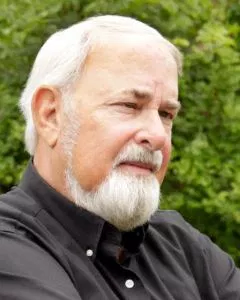
Our leaders became people of the lie who said one thing, while the truth was in growing numbers of body bags and caskets sent home to grieving family and friends of combat soldiers.
Distracted by ambition and hubris, more concerned about losing a war or an election than about truth and justice, moral courage began to elude us.
The mire in Vietnam was the tipping point. It set in motion a series of events and conditions that tore the nation apart, and caused a torrent of tragedy that continues in disruption, disorder and decay.
If we’re not careful, our freedoms will be next.
There is a deep lesson of history to be learned. When a democratic-republic, which purports to stand for human rights, takes violent actions that deprive a people of their life and liberty, as the USA did in Vietnam, it easily fails to see the hypocrisy of its actions. This tragedy results in a poisonous infection of the body politics’ lifeblood, which damages its health, and ultimately results in decay of political trust and support.
Freedom, if it is to be retained, must be earned via consistent acts of collective moral integrity.
The many patriotic Americans who fought and died in this war were victims of it. They are not to be blamed. That responsibility lay with the nation’s leaders and all those complicit in the misjudgments and outright deceptions.
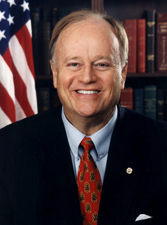
Max’s wounds are our wounds. His suffering is our suffering.
We live in a time when the national failure to live up to our ideals is exposed.
The great Georgia patriot and Stetson gentleman helps the nation see the truth. Because of his sacrifice and the sacrifices of millions of other humans who fought and died during the World Wars and the long struggle for freedom in Indochina and Korea — and those who suffer still from other tragic wars of the American Empire — we may resume our journey of authentic national meaning and purpose. We must do so in recognition of our domestic transgressions, as well.
Our day of repentance and redemption is best accomplished under a banner of leadership on a platform of reverence held high by people of genuine moral quality and patriotism, like Max Cleland.
— T. Wayne Bailey is professor emeritus of political science, Stetson University. He is chairman of The Civitas Project, a private nonprofit organization dedicated to good government. Larry Arrington is president of The Civitas Project, a graduate of Stetson, and a former Volusia County manager. He is the author of four upcoming books about how to renew American democracy, all of which are set for simultaneous release in October.

